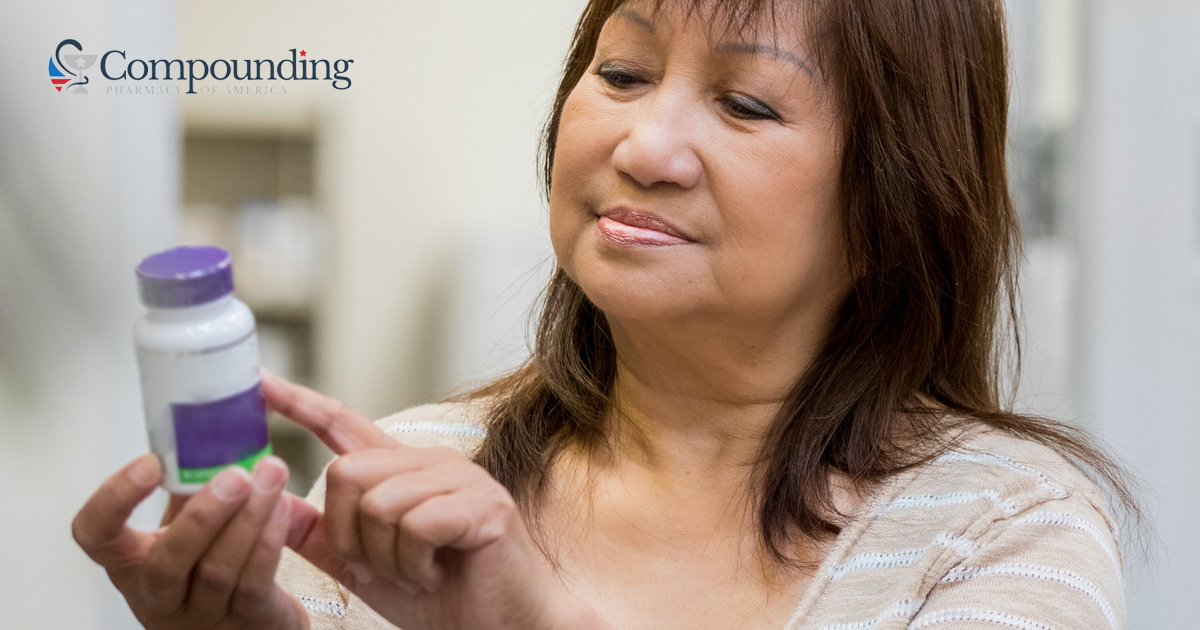
So, what should you do if you feel you may be experiencing anxiety or depression? Doctors often suggest medications before patients have tried other options, and although there are many prescriptions that can help, they may come with side effects that can outweigh their benefits. In addition, it can take trial periods with several medications to find the one that fits your needs. Whether you are just beginning your healing journey or have been suffering for a long time, it is important to know that you have options when it comes to your mental health treatment.
Vitamins and supplements have the power to make a significant difference in your mental and physical health. In many situations, people experiencing mental health symptoms may be experiencing a vitamin deficiency or low levels of a neurotransmitter or hormone. By supplementing the body’s natural production of these critical compounds, you may be able to ease your symptoms and make your day-to-day activities run more smoothly.
What Causes Anxiety and Depression?
To understand how to combat anxiety and depression, it is helpful to understand what triggers these conditions. Unfortunately, there is no singular cause of anxiety and depression. Rather, there are many different contributors that may cause individuals to suffer from anxiety or depression.
Some causes of depression and anxiety include:
- Family history of mental illness
- Withdrawal from drugs or alcohol
- Major life changes or tragedies
- Thyroid disease
- Cancer and other chronic illnesses
- Alcohol or drug use
- Heart disease
- Low levels of B and other vitamins
- Imbalance of brain hormones such as serotonin and norepinephrine
There are many other potential causes of anxiety and depression, so it can be difficult to pinpoint why your symptoms are occurring. Fortunately, you can begin improving your health while you continue to investigate the source of your mental health symptoms. Vitamins and supplements can support your immune system, mental health, and more, regardless of your underlying conditions.
So what are the best supplements and vitamins for anxiety and mental health?
Does a Lack of Vitamins Cause Anxiety?
Three major causes of anxiety are:
- Low levels of B vitamins in the body
- Low levels of iron in the body
- Low levels of serotonin in the body
Understanding that these three compounds can significantly affect mood can help to guide your quest for supplements.
What vitamins can help with anxiety and panic attacks?
B Vitamins
Since a lack of B vitamins can cause anxiety, many people begin the healing journey by asking questions like “does vitamin B12 help with anxiety?” Of course, there are many different kinds of B vitamins, and taking B complex supplements is a good place to start. This will give your body a wide range of B vitamins rather than just a single type. If you’re looking to start a single B vitamin, high doses of vitamin B6 are most associated with anxiety relief. B12 may help with anxiety, as well, along with B9.
Valerian Root
Valerian root is a natural herbal supplement that has been used for thousands of years in traditional medicine. This supplement is a natural mood relaxer, which may help to calm panic attacks or generalized anxiety and support sleep. Valerian root takes effect quickly, so it is extremely useful for occasional or sudden bouts of anxiety.
Ashwagandha
Ashwagandha is an adaptogen, meaning that it works with the body to regulate the natural processes that occur, resulting in an overall effect on the body’s wellness. Because of this, ashwagandha does not work immediately as valerian root does. Instead, it builds up in the body and may ease anxiety over time. Ashwagandha is often suggested for individuals with chronic symptoms or generalized anxiety disorder. Many people also use it to regulate their general mood.
GABA
GABA, or gamma-aminobutyric acid, is both a neurotransmitter and an amino acid that triggers serotonin production. When the body does not have enough serotonin, anxiety and depression symptoms may appear. GABA can help to increase serotonin production and increase overall mood and sense of well-being. Many people find GABA to be helpful in the wintertime or other times when sunshine is in short supply.
Magnesium
It can be difficult for individuals suffering from anxiety to relax and feel calm. Magnesium is a powerhouse when it comes to body and mind relaxation. Though magnesium is present in many foods, most Americans do not get enough of it in their diets. Whether you are experiencing magnesium deficiency or are experiencing anxiety for other reasons, studies show that taking magnesium can minimize anxiety symptoms and support overall health.
What Vitamin Is a Natural Antidepressant?
Though anxiety and depression often go hand in hand, they are distinct from one another and should be treated as such. Though many supplements and vitamins support overall health or mental illness symptoms in general, there are some that are especially useful for addressing depression. These are the supplements that can ease depression symptoms, whether you are a chronic sufferer or are experiencing depression from an isolated situation.
Vitamin D
Studies show that vitamin D can help to ease depression symptoms. This is especially true for those who experience seasonal depression or seasonal affective disorder (SAD). This condition often occurs in the wintertime, when many people get insufficient vitamin D because of a lack of sunlight. Though vitamin D alone may not completely heal depression symptoms, it is an important tool for modulating mood.
St. John’s Wort
St. John’s wort is a traditional supplement made from dried flowers of the Hypericum perforatum plant. This herb promotes serotonin production, which can help the user to feel happier when serotonin production is low. It is important to note, however, that there are several interactions between St. John’s Wort and common prescriptions. If you are taking an SSRI or hormonal contraception, you should not take St. John’s Wort.
Vitamin B
Just as with anxiety, B vitamins can help with depression symptoms. B vitamins support the production of serotonin, which is key in overcoming depression symptoms. B-12 is present in many natural supplements, as it can make the user feel more awake without the use of caffeine. This can help individuals who feel tired or groggy from their depression symptoms or from sleeping too much.
5-Hydroxytryptophan
5-hydroxytryptophan, or 5-HTP, is another supplement that supports serotonin production in the body. By increasing serotonin, this supplement can help to alleviate general depression symptoms. However, studies show that 5-HTP is more effective when used with other depression support, such as SSRIs and SNRIs, than it is alone.
Mental Health and Sleep
One of the cruelest ironies about mental illness is its impact on sleep. When you get proper sleep, the brain has time to restore and produce the neurotransmitters that are necessary for a balanced mood. However, when you are experiencing depression or anxiety, it is often difficult to get the amount and quality of sleep that is necessary to feel better. Failing to get proper sleep can worsen mental illness symptoms, and the situation can compound itself. For many, this is a vicious cycle with no natural end in sight.
Fortunately, there are many vitamins and supplements that help with sleep. Of course, many of the supplements that help with anxiety and depression do help with sleep as a side effect, but there are others that are specifically aimed at sleeping better.
Melatonin
Many people with depression experience excessive sleepiness or the inability to stop sleeping. Because melatonin is key for sleep, many people do not think to take it when they are already sleeping so much. However, melatonin can help your body to regulate sleep, which is important if your sleep schedule has been altered by depression.
Kava
Kava is a powerful sleep aid herb hailing from the south Pacific. Though it can help to ease symptoms of anxiety, it is mainly used to promote falling asleep and staying asleep.
Passionflower
Passionflower contains 5-HTP, which is listed as a depression aid. As a tea or supplement, passionflower can help to support healthy sleep patterns and neurotransmitter production. It is generally best as a short-term supplement.
Lavender
Commonly used as an aromatherapy tool, lavender has been shown to support relaxation and sleep. Many participants in a lavender and aromatherapy study did not wake up as early and felt more refreshed after using lavender to help them sleep. Lavender can also be ingested in teas and capsules.
Many of the above vitamins and supplements for anxiety and depression relief will also help with sleep. Valerian root, magnesium, and ashwagandha can all support better sleep patterns as well as provide anxiety relief. On the other hand, vitamin B can prevent some individuals from sleeping. It is best to take it in the morning and avoid use in the afternoon and evening to preserve natural sleep cycles.
Side Effects of Vitamins
Natural supplements and vitamins are safe to use in most instances. If you are taking other medications or have serious health conditions, you should be careful when shopping for vitamins and supplements. However, in the majority of cases, the above suggestions are safe for all users.
St. John’s wort is an exception. This herb increases serotonin production, which can cause issues if you are on a selective serotonin reuptake inhibitor (SSRI). If your brain absorbs too much serotonin, you can suffer from serotonin syndrome, which is a potentially life-threatening condition highlighted by dizziness, sweating, agitation, insomnia, increased heart rate, high blood pressure, headache, tremors, fever, and even seizure or unconsciousness. St. John’s wort can also reduce the efficacy of hormonal birth control, leading to unplanned pregnancy in some situations.
Fortunately, most vitamins and supplements do not have such significant drug interactions. Some supplements and vitamins may make you feel drowsy, especially if they are meant to help alleviate stress and anxiety. However, because vitamins and supplements often support the body and work with its natural processes, everyone has a different reaction. Avoid driving or operating machinery after taking vitamins or supplements until you know how they affect you.
Be Patient With Vitamins
Natural options like vitamins and supplements often need time to build up in the body before you notice any major differences. This is important to know, as some people feel discouraged when their vitamins do not trigger changes within the first day or two. Please note that it may take a few weeks to feel a difference.
The best way to ensure that your vitamins and supplements work as they should is to take them at the same time every day. Be sure to check the dosage, as some types of vitamins require that you take multiple capsules per day. Tracking your mood in a notebook or on your phone can help you to see the difference that new supplements are making and may be able to tell you if you need additional support.
Buying Supplements and Vitamins for Anxiety
When you shop for supplements and vitamins to support anxiety or depression, it is easy to feel overwhelmed by the number of options available. As more people recognize the efficacy and safety of vitamins and supplements as tools, more companies are producing them. To choose the best options for you, consider the following.
Quality
Does the company use quality control and testing to ensure its product is safe and effective? If not, you may not be receiving a standard dose in each capsule, which can affect the efficacy.
Research
Consider whether the vitamin or supplement has research supporting its use for mental health. Though the vitamins and supplements we have listed here have been studied, other products may make unsubstantiated claims. By ensuring that a vitamin is backed by research, you can avoid becoming discouraged when a vitamin or supplement does not do what it claims to do.
Price
Some supplements are more costly than others to produce and come at a higher price point. Though it is important to invest in quality, it is also important that your vitamins and supplements fit into your lifestyle. Identify those that have a proven, research-backed effect on anxiety or depression and focus your budget there.
Ingredients
Some vitamins and supplements incorporate additives. Often, they are included either to help with absorption or as a filler. Check the ingredients list of any vitamins you’re considering and ensure you understand the purpose of each item listed.
Find Supplements and Vitamins for Anxiety
Vitamins and supplements are at the heart of what we do at Compounding Pharmacy of America. Vitamins and supplements can work alone or hand-in-hand with prescription medications to address anxiety, depression, and the associated symptoms. Don’t waste another day feeling less than your best. Use nature to your advantage and explore our vitamin and supplement selection.
Sources
- https://pubmed.ncbi.nlm.nih.gov/10890306/
- https://www.ncbi.nlm.nih.gov/pmc/articles/PMC5452159/
- https://www.ncbi.nlm.nih.gov/pmc/articles/PMC6515787/
- https://pubmed.ncbi.nlm.nih.gov/28787372/
- https://www.ncbi.nlm.nih.gov/pmc/articles/PMC5376423/
- https://onlinelibrary.wiley.com/doi/10.1002/hup.2852
Chief Operating Officer, The Compounding Pharmacy of America
Matthew Poteet, Pharm.D. graduated with Honors from Lee University with a Bachelors of Science in Biological Science. After his undergraduate training, he completed the Doctor of Pharmacy program at Mercer University Southern School of Pharmacy, graduating in 2004. Dr. Poteet has spent much of his pharmacy career on staff at two of the most prestigious academic teaching hospitals in the Southeast; Emory University in Atlanta and Vanderbilt University Medical Center in Nashville. At these institutions he received extensive experience and training in sterile products compounding.
He returned home to East Tennessee in 2010, where he has held the position of Pharmacy Director at two sterile products pharmacies in Knoxville. Matthew lives in Knoxville with his wife, Chris. Dr. Poteet is Tennessee’s first Board Certified Anti-Aging Pharmacist by the American Academy of Anti-Aging Medicine.

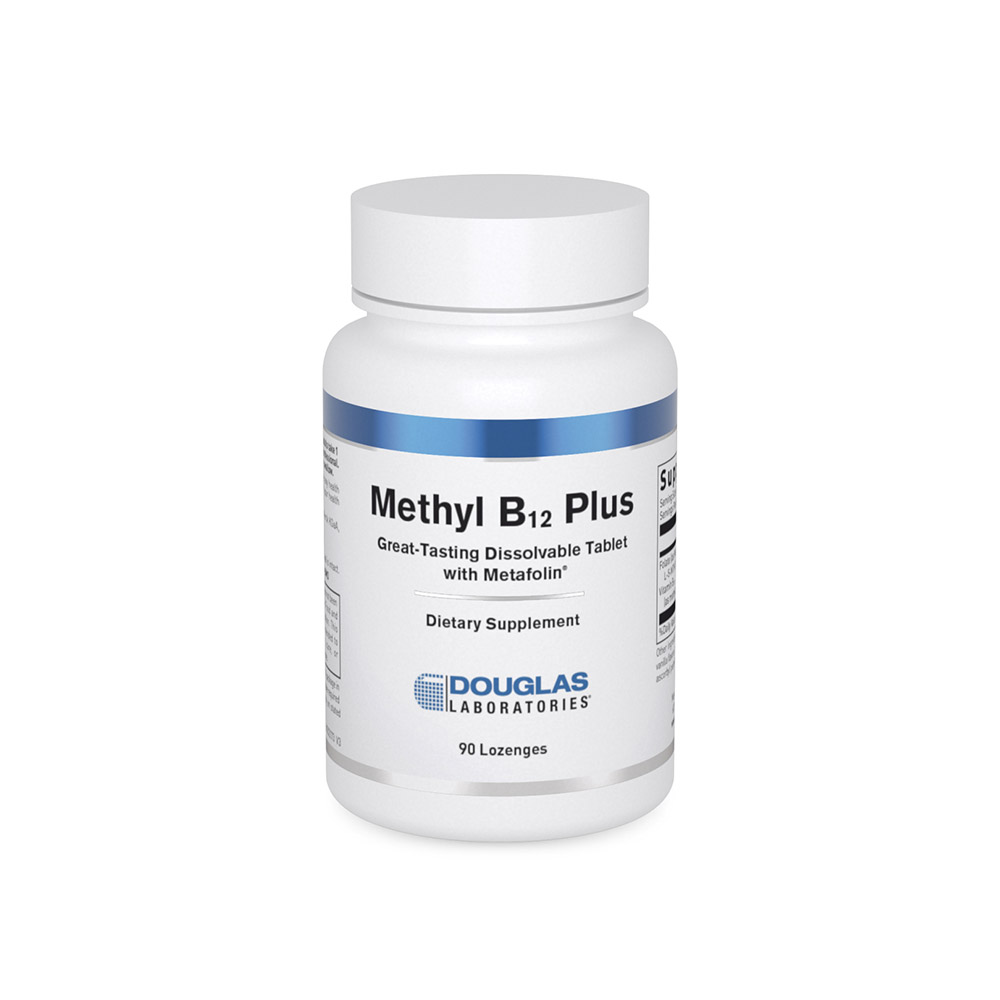
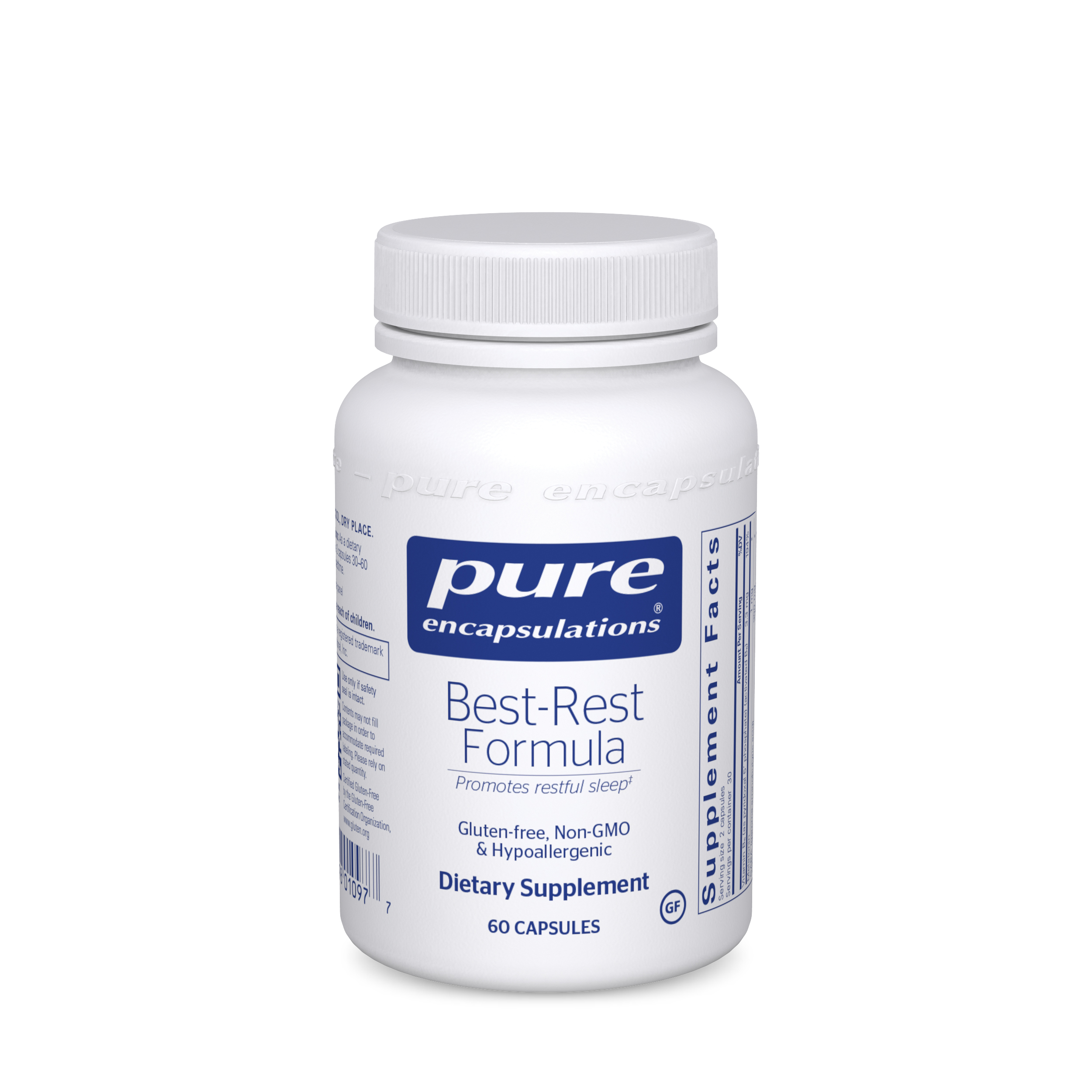
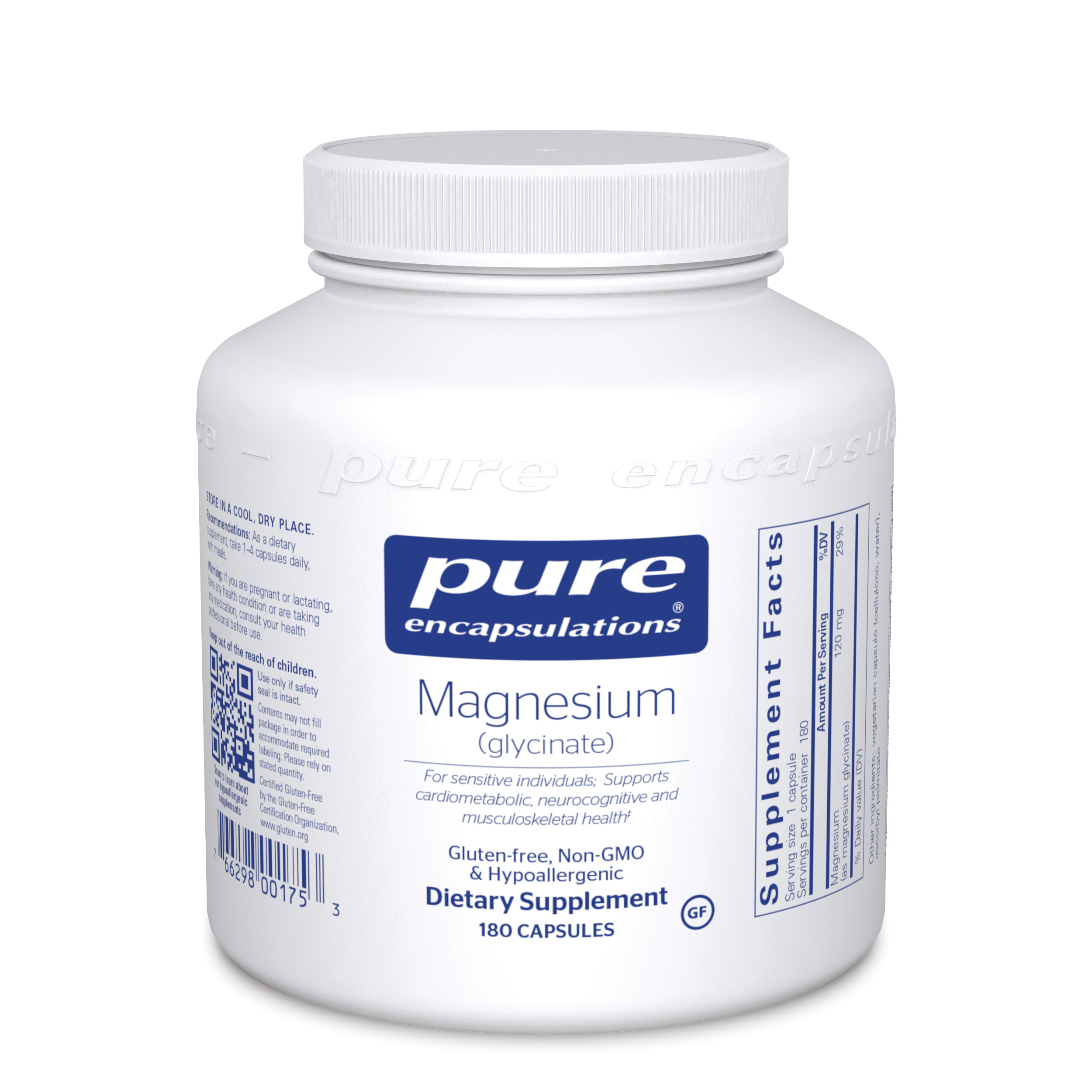
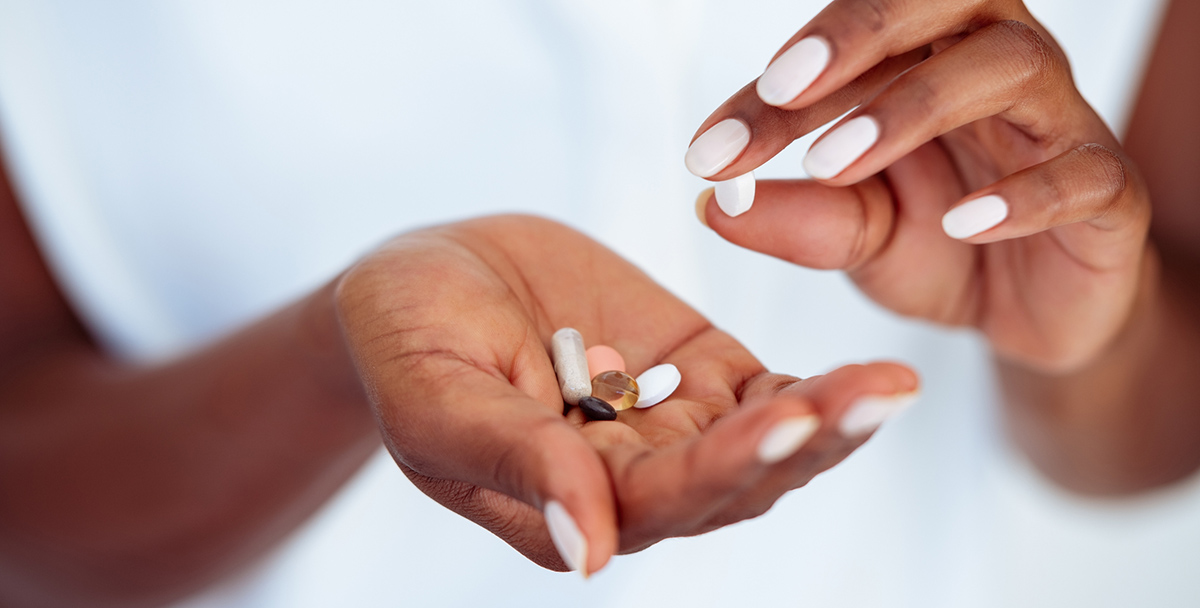
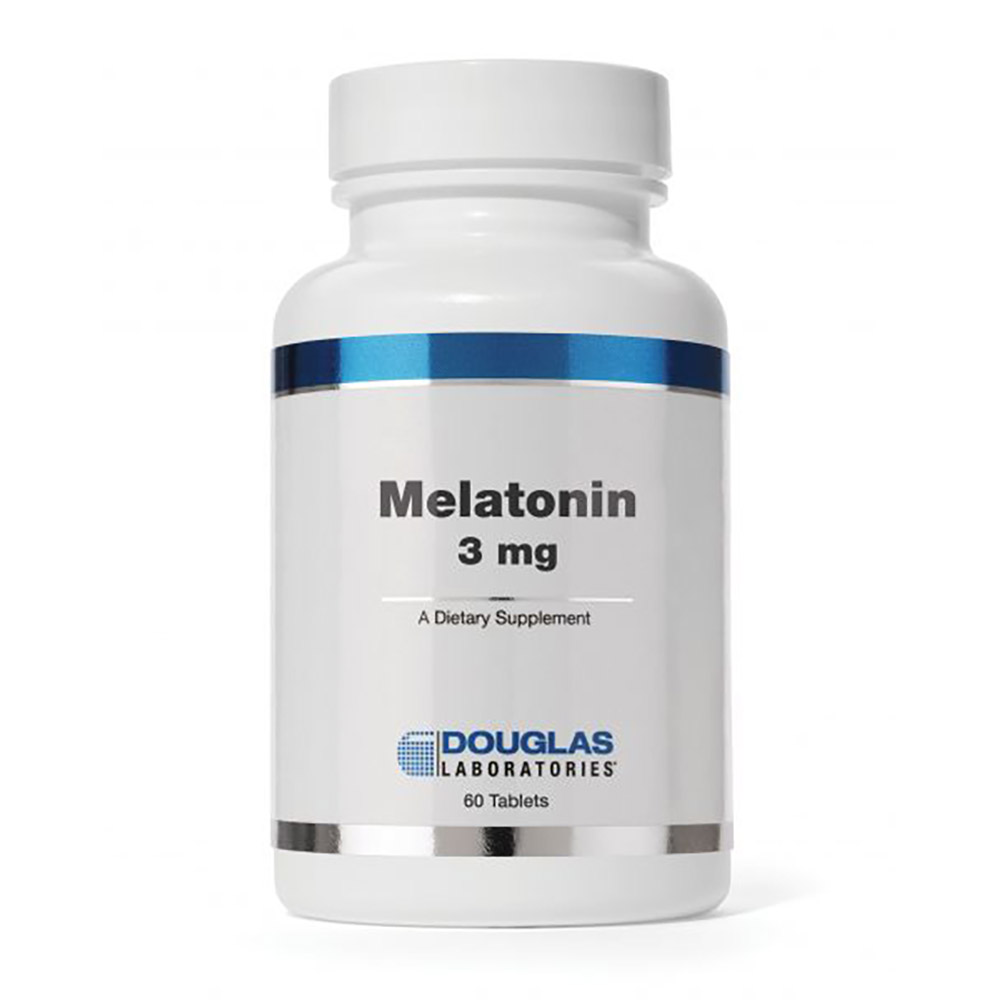
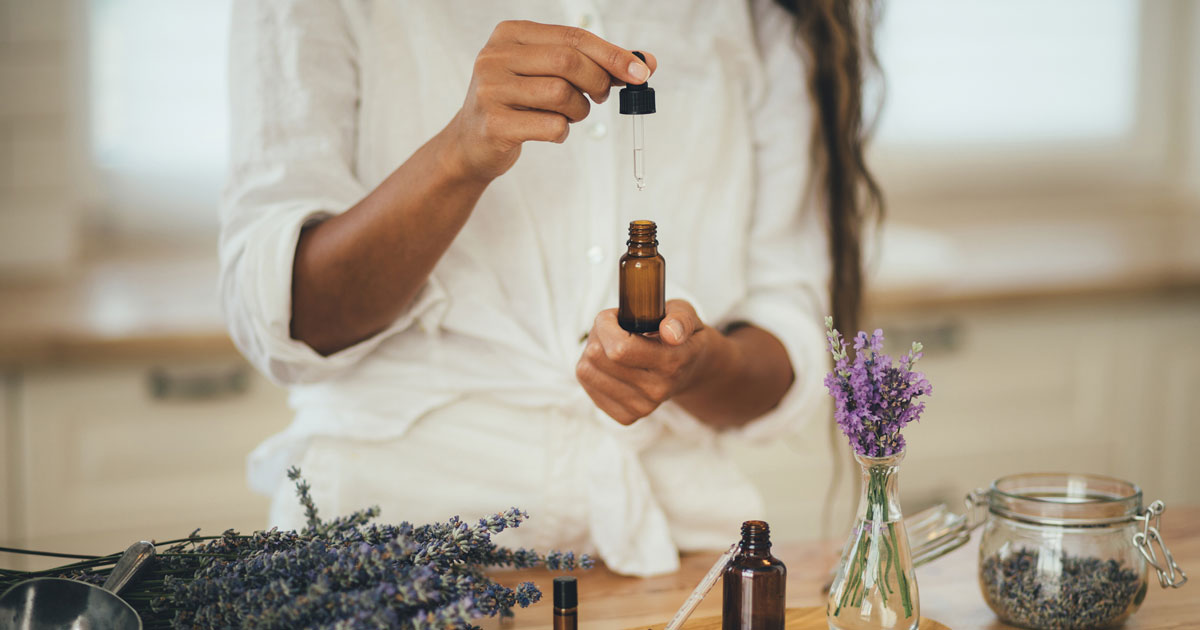


 Subscribe to Our Newsletter
Subscribe to Our Newsletter


